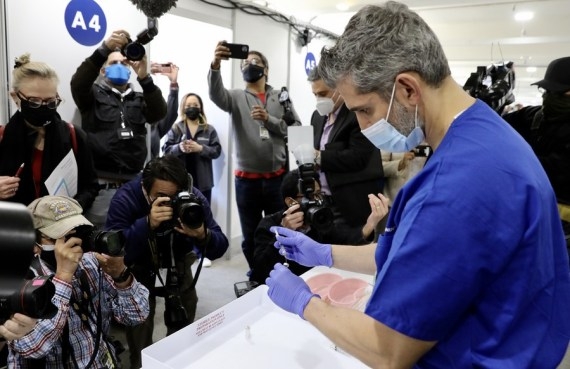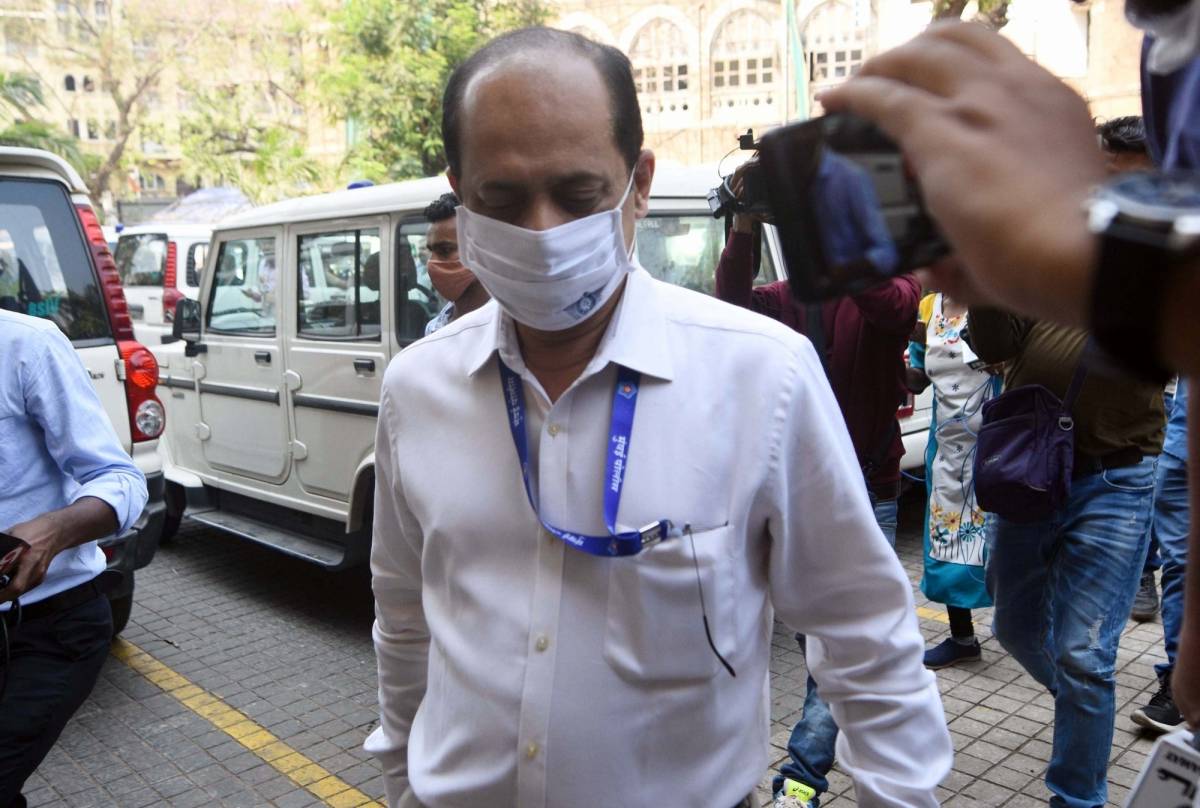A UK-based study has revealed that the rate of infection with Covid-19 for people that live with Scotland’s healthcare workers is at least 30 per cent lower when the worker has been vaccinated mostly with a single dose.
Since household members of healthcare workers can also be infected via other people, this 30 per cent relative risk reduction is an underestimate of the “true” effect of vaccination on transmission, according to the research by the Public Health Scotland and the University of Glasgow published on Friday.
The research involved 30,000 National Health Service (NHS) staff between December 8, 2020 and March 3, 2021, studying both those who had and had not been vaccinated.
Meanwhile, where healthcare workers had received a second dose of the vaccine at least 14 days before, their household members had a rate of Covid-19 which was at least 54 per cent lower than household members where healthcare workers had not been vaccinated, said the study.
The latest study came as the UK government said it will discuss with the European Union countries about the possibility of creating a vaccine passport, which will allow those who have had the jab to travel abroad more freely.
More than 23 million people in Britain have been given the first jab of the coronavirus vaccine, according to the latest official figures.
Health Secretary Matt Hancock has confirmed that the government is “on course” to offering a first vaccine dose to all adults by the end of July.
On February 22, Prime Minister Boris Johnson announced his long-anticipated “roadmap” exiting the lockdown.
The reopening of schools in England on Monday was the first part of the four-step plan, which Johnson said was designed to be “cautious but irreversible”.
Other parts of Britain, including Wales and Scotland, have also unveiled plans to ease the restrictions.
Experts have warned that the UK is “still not out of the woods” amid concerns over new variants and the risks of the public breaching restriction rules.









